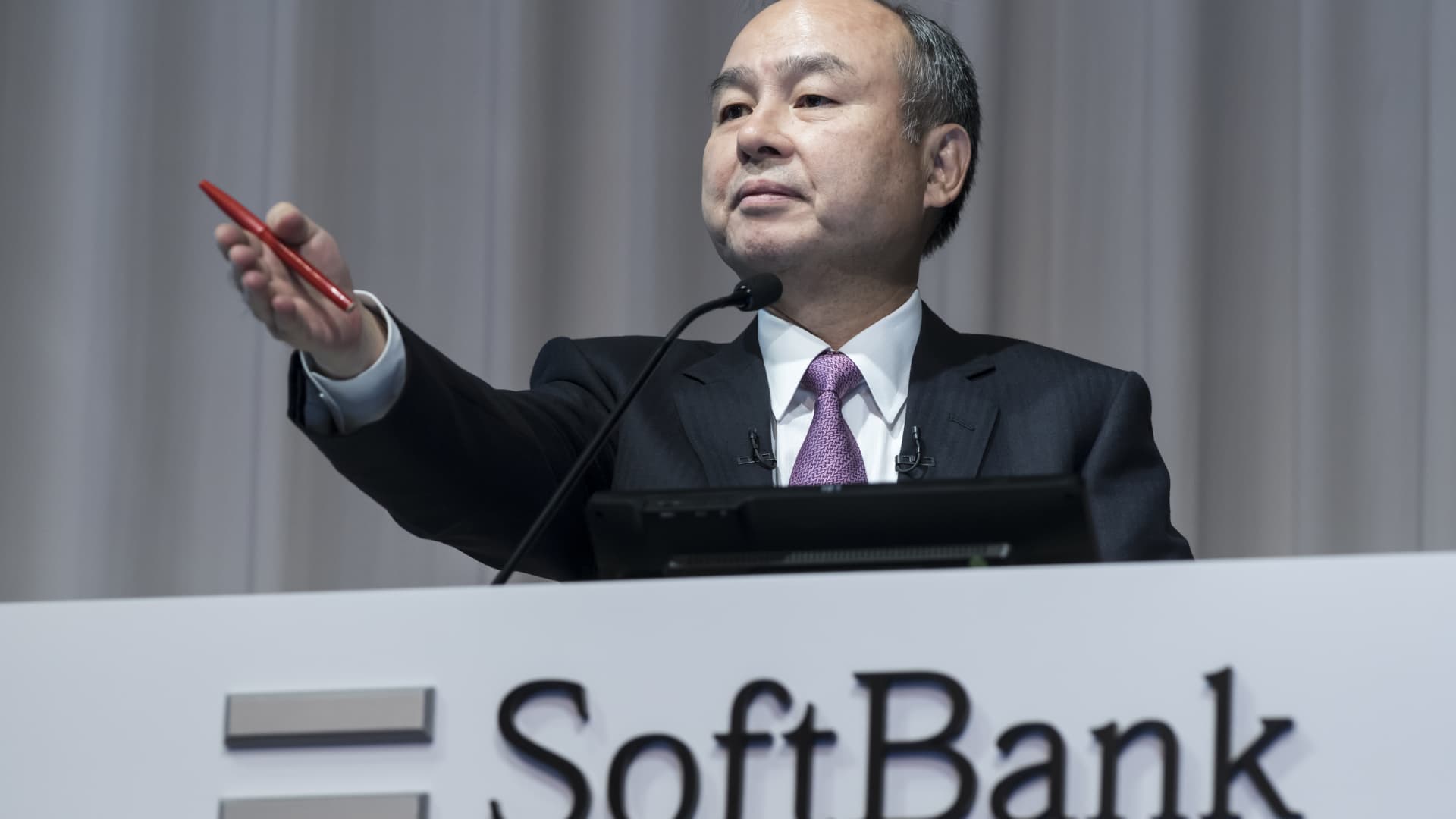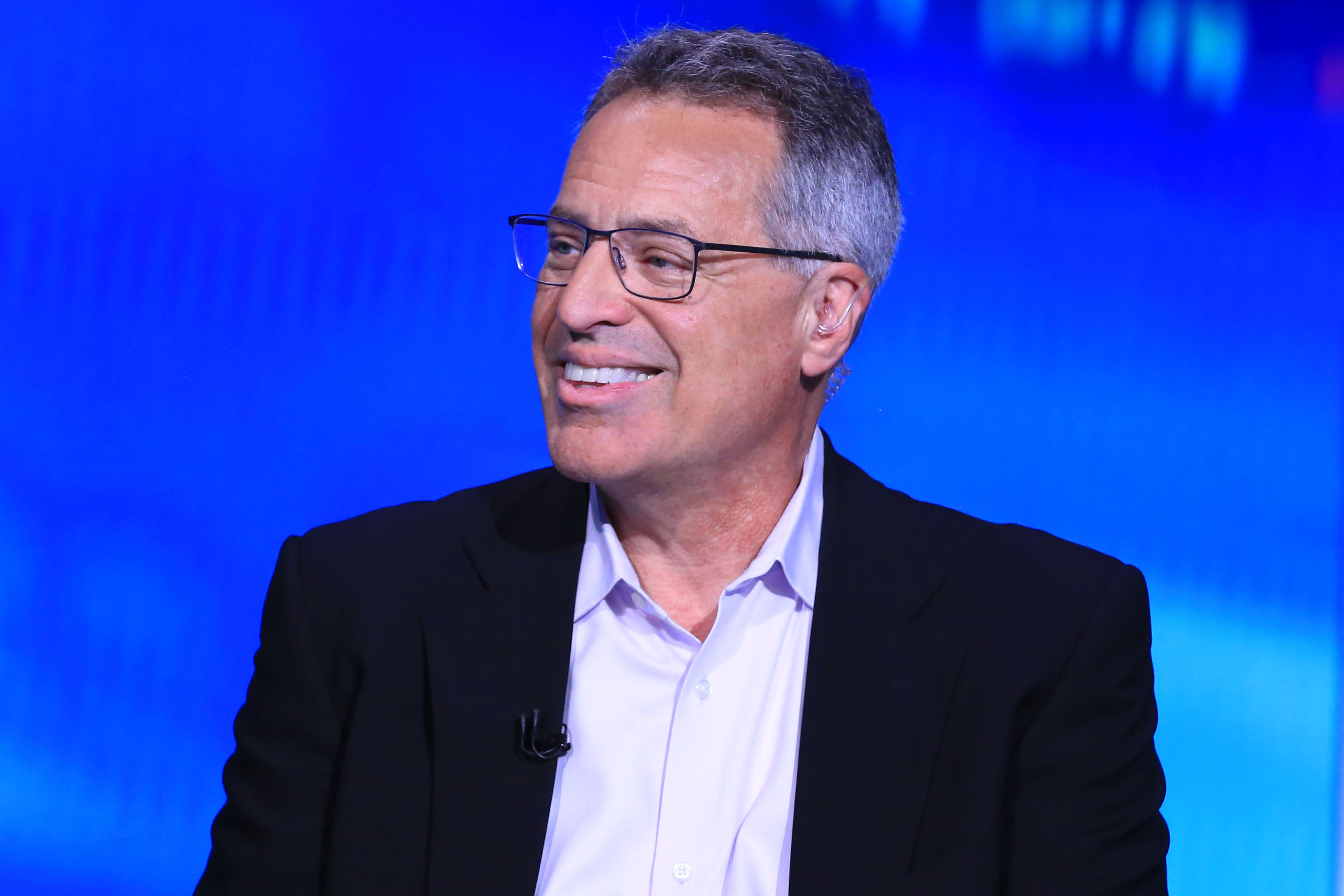Softbank’s Vision Fund filed suit against the founders of one of its portfolio companies on Monday, alleging that they artificially inflated user metrics, lied to the fund about performance and bilked the fund for millions.
Buzzy social media startup IRL launched in Apr. 2021 and was seemingly “one of the fastest growing social media apps for Generation Z,” the complaint in San Francisco federal court alleges.
related investing news
Softbank was invested in the company thanks to its apparently low cost, “strong” user engagement that left it “well positioned for further viral growth” in the same way that Facebook and Twitter exploded.
In May 2021, a month after the company launched, SoftBank invested $150 million in IRL through the one of the conglomerate’s high-spending Vision Funds, buying $125 million in shares from the company and another $25 million from insiders including CEO Abraham Shafi as well as Noah Shafi and Yassin Aniss, the complaint says.
SoftBank believed that IRL had 12 million monthly active users, or MAUs.
But those numbers were a lie, the complaint alleges. IRL was secretly swarming its own platform with an army of bots, according to the complaint, creating the veneer of a thriving social network which was, in reality, a cover to “defraud investors.”
The plot began to unravel when Securities and Exchange Commission opened an investigation into IRL in late 2022. In Apr. 2023, Abraham Shafi was suspended as CEO, and the company dissolved in June.
The suit raises significant questions about the level of scrutiny that SoftBank applied to its portfolio companies. When a third-party assessment of user numbers came in significantly below IRL’s own sales pitch, SoftBank representatives accepted Abraham Shafi’s explanations that they were “definitely not accurate,” according to the suit.
Past missteps from SoftBank include large positions in allegedly fraudulent crypto exchange FTX and devalued property company WeWork. SoftBank’s Vision Funds have faltered significantly since the market highs of 2021, and the conglomerate posted a full year loss of $32 billion for the fiscal year ended March 31, 2023.




